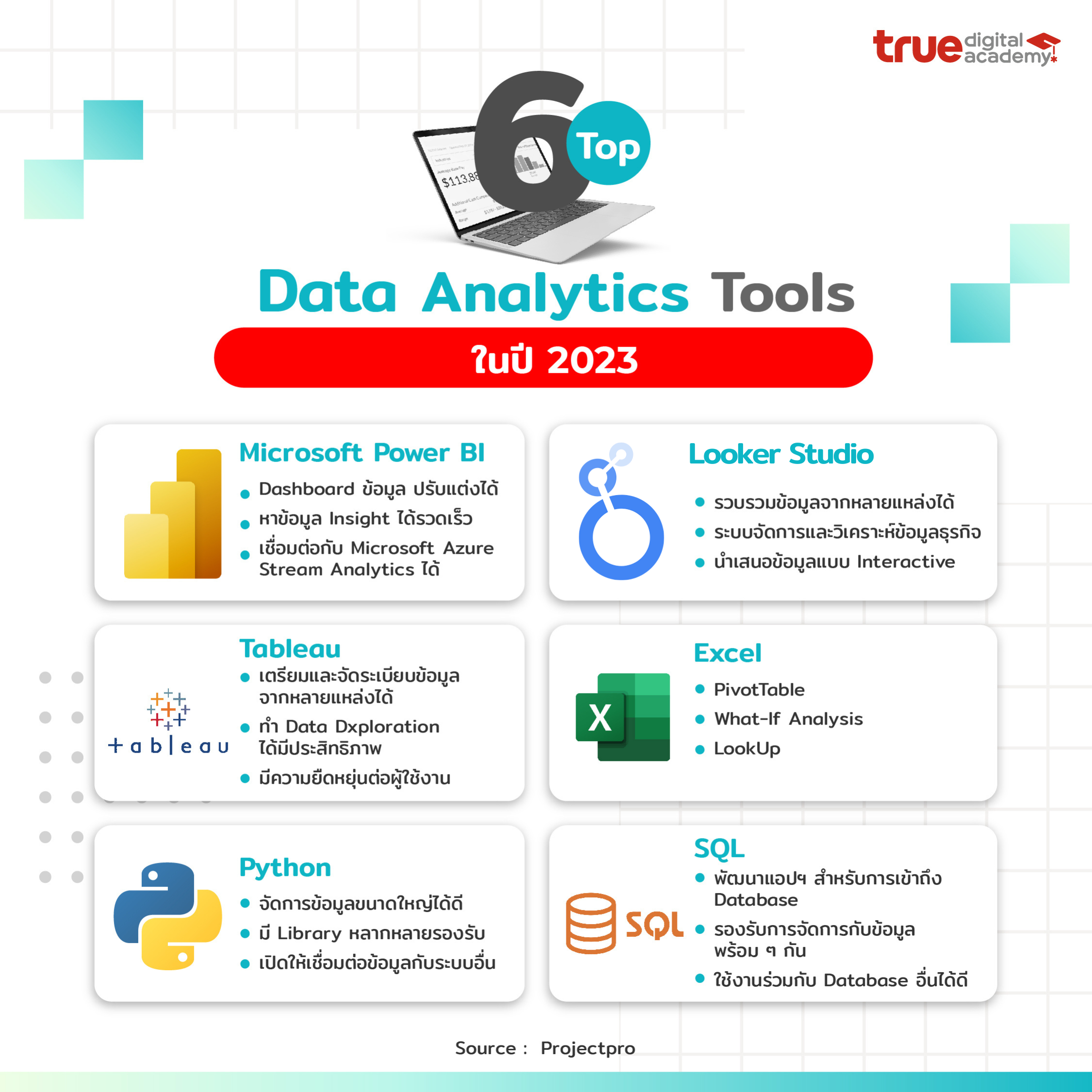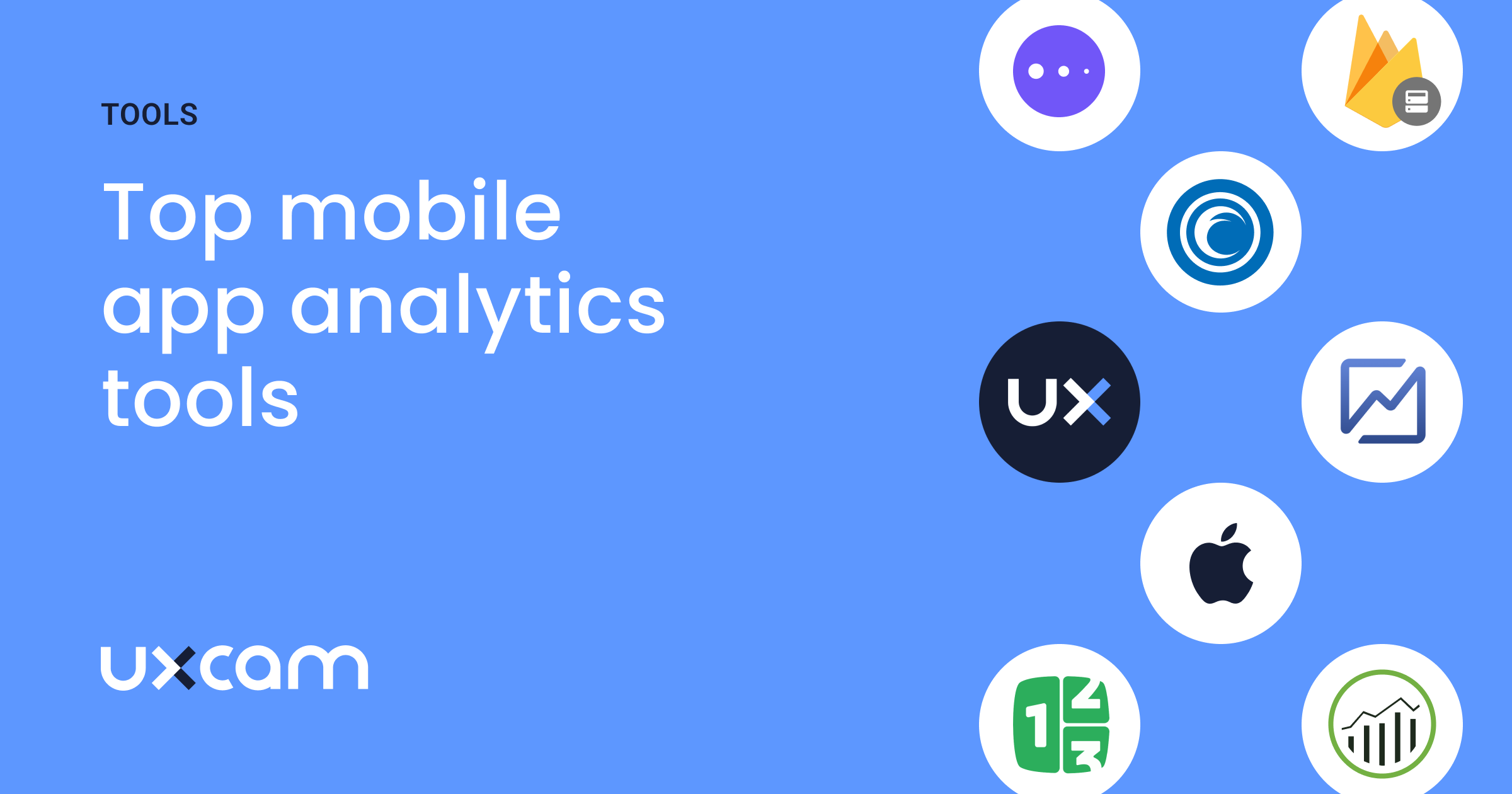Why Businesses Love Data-Driven Analytics Approaches
Why Businesses Love Data-Driven Analytics Approaches
Blog Article
Boost Performance and Productivity Through Data Analytics
In today's data-driven landscape, companies are progressively acknowledging the pivotal function of data analytics in improving operational efficiency and productivity. By methodically assessing information, organizations can uncover crucial insights that educate critical decisions, streamline procedures, and dressmaker customer experiences (Analytics). However, the obstacle exists not only in the execution of these logical tools but additionally in comprehending how to convert information into workable results. As we check out the subtleties of efficient data-driven strategies, the effects for both short-term gains and lasting success become significantly clear. What might these understandings expose for your company?
Recognizing Information Analytics
In today's data-driven landscape, comprehending information analytics is essential for organizations intending to boost operational effectiveness and drive productivity. Data analytics involves the systematic computational evaluation of data sets to discover patterns, relationships, and understandings that notify decision-making. By employing different methods, such as analytical evaluation, device discovering, and anticipating modeling, companies can transform raw information right into workable knowledge.
The procedure usually starts with information collection, where relevant info is collected from several resources, consisting of transactional data sources, consumer communications, and market fads. This information is after that cleansed and arranged to ensure accuracy and uniformity. As soon as the information is prepared, logical devices and software are made use of to visualize the information and check out, making it possible for stakeholders to recognize abnormalities and trends.
Eventually, comprehending data analytics empowers companies to make enlightened choices based upon empirical proof as opposed to instinct. It promotes targeted approaches that can maximize resource allotment, improve customer satisfaction, and improve general performance. As companies progressively acknowledge the worth of data-driven understandings, a solid grasp of information analytics ends up being an important proficiency for groups and leaders alike, positioning them for sustained success in an affordable atmosphere.

Key Advantages for Companies
Businesses that take advantage of data analytics can unlock a multitude of benefits that significantly boost their operations and earnings. Among the primary benefits is boosted decision-making. Data analytics offers workable insights obtained from real-time data, enabling businesses to make educated selections that align with market needs and consumer choices.

Furthermore, data analytics promotes improved client experiences. By comprehending client habits and preferences, companies can tailor their offerings, leading to enhanced complete satisfaction and loyalty. This customized technique commonly leads to higher conversion rates and repeat business.
In addition, information analytics enables businesses to recognize emerging patterns and chances. By staying in advance of the contour, organizations can take advantage of new markets and innovations prior to their competitors.
Implementing Data-Driven Strategies
Effective application of data-driven techniques requires a thorough understanding of both available information and organizational objectives resources. Organizations must initially define their purposes clearly, ensuring placement in between data campaigns and calculated aims. This quality allows groups to focus on pertinent metrics and insights check that drive decision-making.
Following, companies need to evaluate their existing information facilities. This entails assessing information high quality, access, and assimilation capacities. Top quality information is essential for accurate evaluation, as poor data can lead to misdirected methods and thrown away sources. Organizations has to establish procedures for data collection, cleaning, and management to maintain data honesty.
Furthermore, fostering a data-driven society is critical. Staff members whatsoever degrees need to be encouraged to leverage data in their everyday operations. Educating workshops and programs can boost data literacy, empowering team to make enlightened decisions based upon logical insights.
Tools and Technologies Summary
A durable collection of tools and innovations is crucial for organizations intending to harness the full capacity of information analytics. These tools assist in the collection, processing, and visualization of data, enabling companies to obtain workable insights.
At the fundamental level, information monitoring systems such as SQL data sources and NoSQL systems give efficient information storage space and retrieval capabilities. For information handling and evaluation, programs languages like why not find out more Python and R, together with frameworks such as Apache Spark, enable complex estimations and artificial intelligence applications.
Visualization devices, including Tableau and Power BI, transform raw information right into user-friendly visual layouts, making understandings easily accessible to stakeholders in any way levels. Additionally, cloud-based systems like Google Cloud and AWS provide scalable storage space and handling options, accommodating the growing volumes of information organizations run into.
For innovative analytics, anticipating modeling and AI-driven services are significantly embraced, allowing firms to forecast patterns and enhance decision-making procedures. Integrating these devices into existing workflows is extremely important; companies that efficiently utilize this why not try this out technology can significantly boost operational performance and drive earnings. Thus, buying the right devices and innovations is a strategic essential for any type of data-driven organization.
Study of Success
Leveraging information analytics has actually led various organizations to achieve exceptional enhancements in performance and profitability. One noteworthy instance is a large retail chain that executed predictive analytics to optimize inventory administration. By examining historical sales information and customer trends, the company decreased excess inventory by 30%, causing substantial price savings and boosted cash flow.
Another example can be located in the production field, where a leading automotive manufacturer utilized data analytics to enhance its production processes. By keeping track of device performance in real-time, the company determined ineffectiveness and traffic jams, causing a 20% rise in general devices efficiency (OEE) This not only increased production rates but additionally decreased downtime and upkeep expenses.

These study show how data analytics can drive critical decision-making, enhance procedures, and eventually boost both efficiency and productivity across different sectors.
Final Thought
In verdict, the combination of information analytics right into organization procedures offers significant opportunities for enhancing efficiency and profitability. By systematically analyzing data, organizations can recognize inadequacies, maximize consumer experiences, and make notified decisions.
In today's data-driven landscape, comprehending data analytics is important for organizations intending to boost operational effectiveness and drive productivity. Data analytics involves the organized computational analysis of information collections to reveal patterns, relationships, and understandings that notify decision-making. Information analytics provides workable insights derived from real-time information, enabling services to make informed selections that straighten with market demands and customer choices.
Premium data is essential for exact analysis, as inadequate information can lead to misguided approaches and lost resources. Organizations has to develop processes for information collection, cleansing, and management to keep data integrity.
Report this page